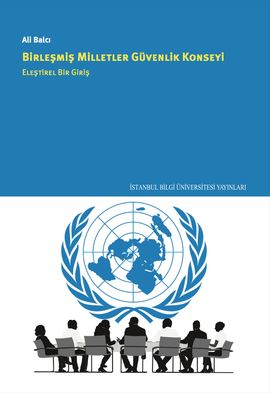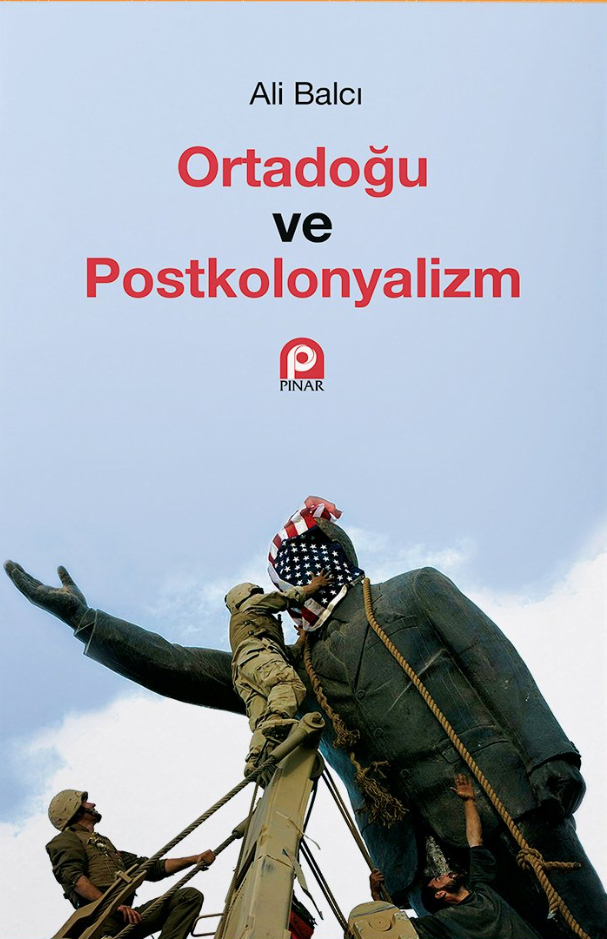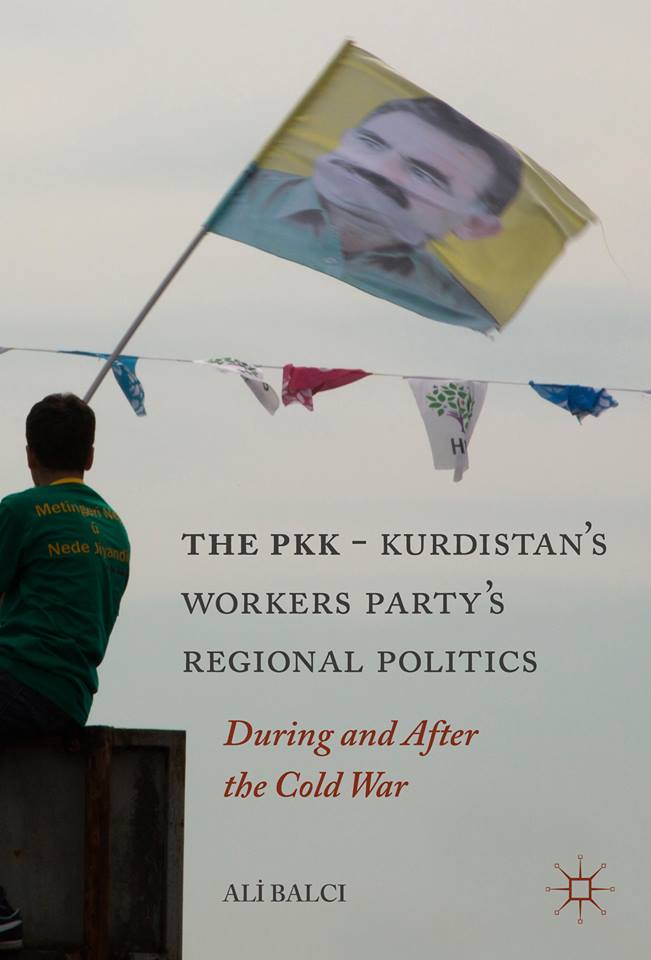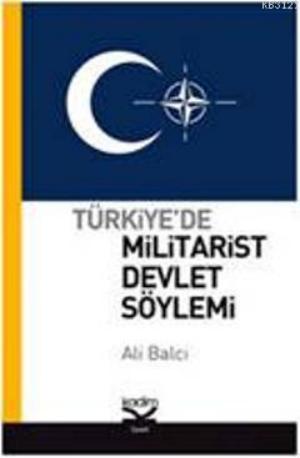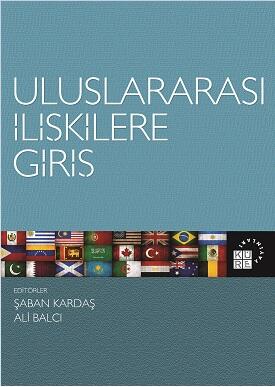Today’s Zaman, 11 October 2011, p. 14 and 17 (Tuncay Kardaş ile)
But first, a related observation: In a recently televised UEFA football match between Turkey’s Beşiktaş and Israel’s Maccabi Tel-Aviv, Turkish TV sports presenter Ertem Şener (of the secular Star TV) made mention of Israeli-made Heron unmanned aerial surveillance vehicles. Turkey needed these and ordered them to help spot its domestic terrorists, and they were supposed to arrive long ago for use in the fight against the Kurdistan Workers’ Party (PKK). After Beşiktaş scored, Şener ecstatically cried out that “if they [Israel] have the Herons, we [Turkey] have the Eagles [the mascot for Beşiktaş].” Şener’s mantra was noteworthy not simply because it was an instant hit on Facebook and Twitter, but also because his quixotic fusion of sports and international politics means that once-detached secular segments of the public (to which he belongs) share the anti-Israeli frame of mind.
Indeed, Turkish-Israeli relations have recently gone badly wrong. But it twists one’s mouth into a wry smile to read contemporary comments from the Israeli right-wing media on Turkish politics, which stand in stark contrast to the rosy depictions of relations between the two back in the mid-1990s, when Turkey and Israel first established a military alliance. The alliance with Israel in the 1990s was a hard sell. It was the Turkish military that initiated and implemented the terms of the alliance. The ultimate cost of such a bold partnership, however, was anybody’s guess, since as a rule there was virtually no supervision over military spending. Nonetheless, Turkey’s top brass had to represent Israel as a stable ally, not only in its long and lonely fight against the PKK but also against the “anti-secular” religious society and its representatives in the government. It helped that Israel and Turkey had a shared concept of the “Arab other,” as well.
Toxic relations
But things change fast these days, and this time the changes in the Middle East and the dramatic volte face in Turkish-Israeli relations have been dramatic: Two years ago, Turkish Prime Minister Recep Tayyip Erdoğan stormed off the stage at the World Economic Forum in Davos in protest, after saying that the Israeli state was very good at killing civilians, while sitting next to Israeli President Shimon Perez. He was proven right last year when, in the infamous flotilla attack, Israeli soldiers killed eight Turkish and one Turkish-American civilian activists who were on their way to bring humanitarian aid to Gaza. This time Erdoğan accused Israel of “state terrorism.” Massive protests against Israel followed, and relations have been toxic since then.
Now the Israeli right-wing press is awash in a rampant discourse of hate and fury against Turkey and its “Islamist” government. Even a cursory survey would reveal the widening scope of the raging right-wing commentary on the sea change Turkey and its neighbors have been experiencing. The extant mischaracterization is so wildly commonplace as to include portraying Prime Minister Erdoğan as “a hypocritical neo-Ottoman Pasha,” “irresponsible and dangerous,” his party as “new wannabe Ottomans opting for a theocratic sultanate,” and the country as an “Islamist state” in “the Iranian axis,” bent on destroying its once much-revered military and secular establishment.
Meanwhile, Israel’s right-wing politicians have jumped on the bandwagon, and the anti-Turkey rhetoric keeps pouring in. When Netanyahu claimed “Turkey is consistently gravitating eastward toward Syria and Iran rather than Westward,” the flotilla affair had yet to erupt. Lieberman accused Erdoğan of “slowly turning into [Libyan leader Muammar] Gaddafi or [Venezuelan President] Hugo Chavez.” In the words of Israeli right-wing politicians, Turkey has clearly become one of the countries in the so-called “Axis of Evil,” a narrative championed by pro-Israeli neoconservatives in the US. In a broader sense, Netanyahu’s placement of Turkey was part of his government’s strategy to sell the claim that Turkey’s “shift of axis” is to be blamed on the Islamic credentials of the AK Party and not on the secularist military, which, alas, has been implicated in numerous extra-legal activities including regular coup-plotting.
This “shift of axis” discourse was publicized whenever the Turkish military was losing its grip on power in domestic politics. In the meantime, some influential think tanks in the US, such as the American Israel Public Affairs Committee (AIPAC), the most influential Jewish lobby on US Middle East policy, have been busily explaining how “Turkey’s ruling AK Party is increasingly pushing the country in an Islamist direction.” That the AK Party government has widened civil liberties more than any other Turkish government since the 1960s is unimportant to the pro-Israeli right-wingers, who seem to be losing sleep only over the fact that relations between the countries have become irreparably strained. But instead of a much-needed reconciliation, Lieberman is once again so furious that he has frantically threatened to support the PKK in response to Turkey’s demands for an apology for the Mavi Marmara incident.
Reactions from right-wing academics have been in the same vein. For example, Bernard Lewis, Daniel Pipes, Bassam Tibi and the like have persistently exalted the Turkish military while disparaging the Islamic credentials of either the wider Muslim population of Turkey or their representative politicians, namely the AK Party. They seem to believe that institutions like the military represented secular modernity, while pious Muslims are innately opposed to it. In an interview in The Wall Street Journal on April 2, 2011, Bernard Lewis imagined virtually every segment of Turkish society as mouthpieces of the “Islamist” AK Party government; he is so alarmed he believes “Turkey and Iran could switch places.” In another commentary in the The Jerusalem Post on April 17, 2008, Daniel Pipes likened Erdoğan to Osama bin Laden, while Basam Tibi drew a parallel between the AK Party and Hamas in the Journal of Democracy. Such comparisons are preposterous and grotesque, so why are they so commonplace?
Why do they deeply resent the new Turkey?
There are two primary answers to this question. First, in their assertions both academic and political critics are employing a rather outdated modernization paradigm with raw notions of modernity, secularism and progress. That the times have moved on from that modernization paradigm seems to be a foreign idea to them: They have either missed or misread the zeitgeist. Therefore they have failed to comprehend that militant secularism and its attendant political structures in the Turkish state were losing ground in recent times to a more pluralist secularity. They predicted that it would be the Turkish military that would carry on having close ties with the liberal West and Israel, while the AK Party and its “reactionary Islamist” base would opt for more authoritarian politics. The past decade has proved them wrong.
The second source of this resentment stems from the loosening grip of the military on Turkey’s domestic political space and foreign policy, thanks largely to reforms under the rule of the AK Party government, in power since 2002. The signs of the times have been duly noted and acted upon by the AK Party, paving the way for a new pact between the state and society, as in the case of the constitutional referendum of September 2010. Although not without ups and downs, it has been the AK Party government, not the military, that has opted for further democratization with our without Europeanization, clearing the way for a new civilian visibility for Islam. It is not surprising, then, that we are seeing the deterioration of Turkish-Israeli relations to an all-time low, simultaneously with the recent fall of the military tutelage in Turkey, which was the architect of the alliance of the mid-1990s.
Why won’t their bitterness be easily mollified?
In essence, the right-wing reactions are similar to an individual’s reaction to a “harsh and unwanted change,” as for example in the face of the “traumatic loss of a loved one.” The latter motif has been an basic idea in Freudian psychoanalysis since his 1915 article “Mourning and Melancholia.” Freud explains that “the aggrieved person initially is unable to withdraw attachment from the lost object.” Instead, “The mourner turns away from reality, through denial, and clings to mental representations of the lost object. Thus the object loss is turned into an ego loss.” To prevent further agony, the aggrieved should withdraw his energy (libido) from the object (decathexis), and the resumption of normal life necessitates the establishment of new relationships (recathexis). The latter, in turn, can only be achieved by “understanding, accepting, and coping with the loss and its circumstances.”
What’s next?
Now, it is clear that Israel has lost a loved partner. But it would be erroneous to assume that Israel’s loss is the “secular Turkey.” Its “lost loved one” is the Turkish military, whose top brass have been implicated in the Ergenekon case and are thus unable to reconcile with Israel. So the latter is really mourning over the loss of the carte blanche it was previously given by the military, and clinging to flawed “mental representations” of Turkey. Given the loss of the military’s role in Turkey’s domestic and foreign policy, the Israeli right-wing faces an ego test: to heal relations with Turkey’s “Islamist” government. But can the relationship be healed? The answer is a conditional yes. That is, to restore the relationship, Israel should be, as Freud counsels, “understanding, accepting, and coping with the loss and its circumstances.”
“Understanding and accepting the situation”: It is now generally accepted that we are living in a wildly unpredictable world. The staple ingredients of international politics are fast changing, so fast as to spur the rethinking of old certainties in world politics, particularly those in the Middle East. The latter has successfully defied the gravity of outdated international politics, shattering US and Israeli complacency along the way. But new gravity cannot be easily asserted either. The Turkish-Israeli alliance is officially dead, the political turmoil is afoot in Syria and Yemen and the Arab Spring is here to stay.
There is an urgent need for Israeli politicians and right-wingers to hedge their bets each time they face an unwanted sea change in Turkey. The “unwanted” AK Party government is going nowhere, especially in light of the dwindling threat of military interventions in Turkish politics. It is likely to stay for at least another term. Therefore, instead of persistently bashing the supposedly “Islamist” character of the government, they should try to understand how it managed to win a staggering 50 percent of the vote in this year’s election.
It is also pertinent to note that the Israeli right-wing’s hate rhetoric is counterproductive, feeding into the radical rhetoric of nationalist, religious and even secular segments of Turkish society, who do not always make a distinction between the Israeli state and its people. The fact that dozens of Israelis were recently detained at Istanbul airport and questioned for about two hours in a case of what was perceived by many as punitive harassment clearly illustrates the point.
“Coping and moving on”: The list of recent diplomatic crises and subsequent showdowns demonstrate the urgent need for alternative visions for the future relationship between Israel and Turkey. The assumption that both states will bear the brunt of crises at will and at all costs cannot hold, nor can they simply continue to enjoy the close relations of the 1990s. A new rapprochement should grant that Turkey and Israel have joint interests to build on, but also differences to work out. A flexible and more pragmatic position for Turkey and a more justifiable stance for Israel are key, both to the future of their relationship and to the region as a whole.
But for action to occur on this, first, some change needs to occur in the pro-Israeli US political establishment, which should help to devise some new mechanisms for conflict prevention that attend to both Turkish-Israeli relations and the novel political realities of the Middle East. Both Turkey and Israel should make every effort to refrain from fiery rhetoric and bridge their yawning cultural gap, both in international politics and among their respective populations. Both states should renounce the Schmittian “emergency politics” that result from seeing states only as friends or enemies. They should stop turning foreign policy into a security matter whenever they encounter a crisis situation. It is high time for them to return to normal politics again.






 Etiketler
Etiketler
